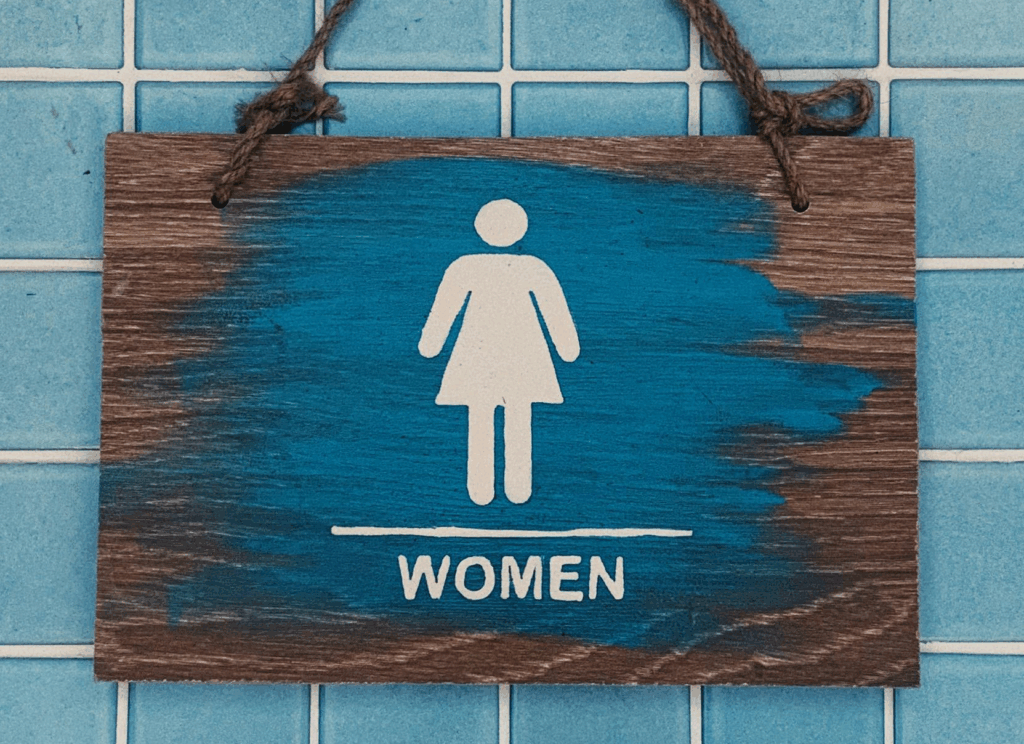Study finds significant gaps in menstrual hygiene management across six global cities, including Manila
08 Oct 2025

The study “Exploring the Availability and Accessibility of Menstrual Friendly Public Toilets (MFPTs) in Urban Spaces” examines public toilet facilities in six global cities, including the city of Manila, to determine how well they meet the needs of women who menstruate. The research assessed factors such as accessibility, safety, cleanliness, and the availability of menstrual hygiene products. Key findings reveal that most public toilets lack essential features like menstrual product disposal bins and free menstrual products. Toilets in business and tourist areas were generally more “menstrual friendly” than those in residential neighborhoods. Manila’s public toilets scored relatively well on cleanliness but performed inadequately in providing resources for menstrual hygiene management. The study highlights the need for urban planners and policymakers to prioritize creating accessible, safe, and well-equipped public toilets to support the menstrual health and dignity of users.
This research is significant as it sheds light on a critical yet often overlooked aspect of public health and urban planning—menstrual hygiene management in public spaces. The study introduces the concept of MFPTs, providing a framework for assessing and improving the accessibility, safety, and functionality of public sanitation facilities.
The study offers insights for addressing gender inequality in urban sanitation. It identifies gaps in resources and infrastructure, such as the absence of disposal mechanisms and menstrual products in public toilets, which are crucial for enhancing comfort and dignity for menstruating individuals. By emphasizing the link between menstrual hygiene and public participation, this research can guide policymakers, urban planners, and health advocates in creating more inclusive and equitable urban environments.
Authors:
Angela-Maithy Nguyen (Department of Sociomedical Sciences, Mailman School of Public Health, Columbia University)
Andrew R. Maroko (Institute for Health Equity Research, Icahn School of Medicine at Mount Sinai)
Sarah Blake (Department of Sociomedical Sciences, Mailman School of Public Health, Columbia University)
Elli Sugita (Graduate School of Human Sciences, Osaka University)
Natália Helou Fazzioni (Federal University of Rio de Janeiro, Philosophy and Social Science Institute, Largo São Francisco de Paula)
Marian Fe Theresa C. Lomboy (College of Public Health, University of the Philippines)
Justine Bukenya (School of Public Health, Makerere University)
Helen V.S. Cole (Institute of Environmental Science and Technology, Autonomous University of Barcelona)
Ernesto R. Gregorio Jr. (College of Public Health, University of the Philippines)
Kim J. Hopper (Department of Sociomedical Sciences, Mailman School of Public Health, Columbia University)
Marni Sommer (Department of Sociomedical Sciences, Mailman School of Public Health, Columbia University)
Read the full paper: https://www.sciencedirect.com/science/article/pii/S1353829225000012?via%3Dihub
Photo: Anna Tarazevich from Pexels
